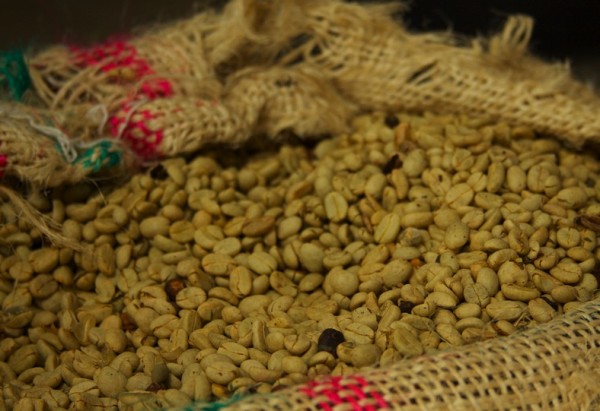Joined by representatives from some of the world’s largest coffee buyers, the Sustainable Agriculture Initiative (SAI) Platform has released a set of rules related to Greenhouse Gas (GHG) emissions in green coffee production.
The new Green Coffee Product Category Rule (CFP-PCR) rule was published Dec. 2, with the goal of “driving consistency in the application of GHG emissions calculations by reducing differences between individual studies and products, and harmonizing methodological approaches,” according to an announcement from SAI Platform. “This will support the identification and adoption of genuine mitigation strategies.”
(more: While Announcing Record Earnings, Starbucks CFO Says Coffee Prices Too Low)
The SAI Platform is a global consortium of food producing companies — many of which are the largest in their sector — with an emphasis on global approaches to sustainable food production and methodology for what it calls “mainstream” agricultural produce.
The working group for the coffee industry included representatives from Nestle, illycafe, Lavazza, Mondelez International and D.E. Master Blenders, with support from certification organizations including 4C, Fairtrade International, Rainforest Alliance and UTZ Certified. The team developed the GHG rules over an 18-month period, which SAI Platform said involved numerous stakeholders in green coffee production.
(more: English Translation of Coffee Processing Handbook Introduced at ICO Event)
“The guidelines for measuring the GHG emissions for green coffee are a great achievement for the coffee sector and as such ought to be adopted by everybody,” said Giacomo Celi of illycaffé, chair of the SAI Platform Coffee Working Group. “These guidelines are the result of a global and transparent collaboration among numerous stakeholders of the coffee value chain.”
The rule is available for download here, although it does require a free registration with the Environmental Product Declaration group.
Nick Brown
Nick Brown is the editor of Daily Coffee News by Roast Magazine.







Comment